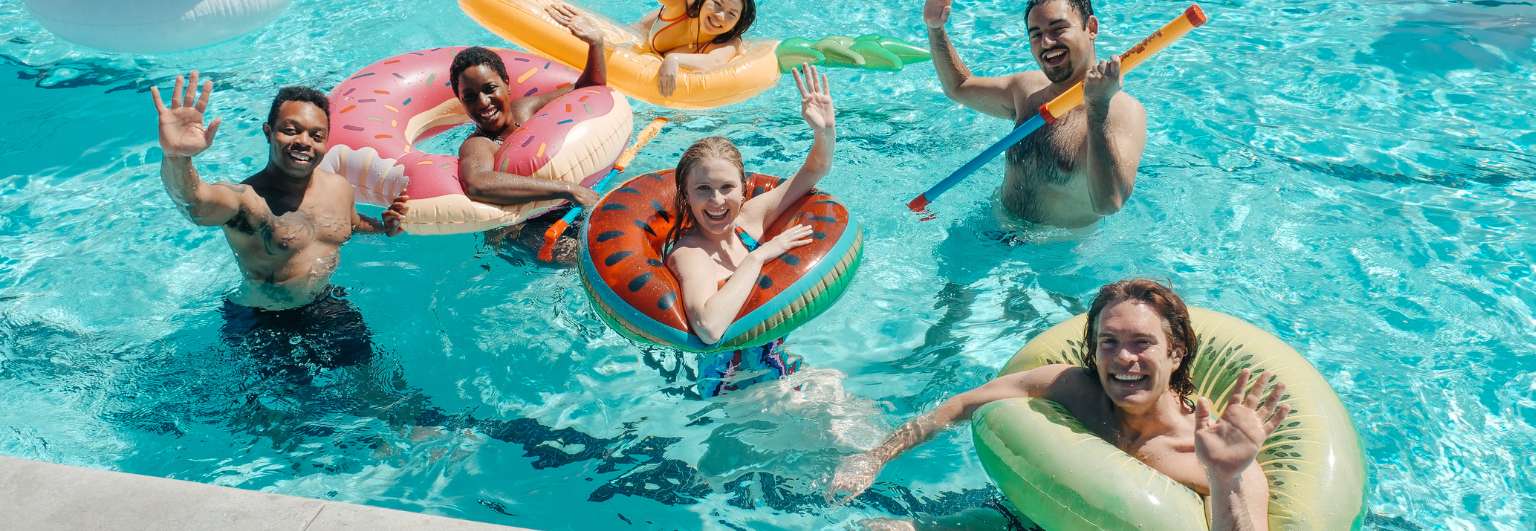
19 Apr How do swimming pools affect homeowner insurance?
A backyard swimming pool can provide a great source of fun and relaxation for you and your family, but it can also impact your homeowner’s insurance. Here’s what you need to know about how swimming pools can affect your insurance and how to keep your pool safe.
How swimming pools can affect your insurance?
The short answer is yes, having a swimming pool can affect your homeowners insurance. This is because swimming pools are considered an “attractive nuisance” that can increase the risk of accidents and liability claims on your property. Homeowners insurance policies typically include liability coverage, which protects you financially if someone is injured on your property.
Swimming pools increase the risk of accidents, such as slip and falls, drowning, and other injuries. As a result, insurance companies may view swimming pools as a liability risk and require set guidelines for safety.
However, not all insurance companies will treat swimming pools the same way. Some insurance providers may be more lenient than others when it comes to pool ownership.
How to Keep Your Swimming Pool Safe
If you own a swimming pool, there are steps you can take to minimize the risk of accidents and liability claims. Here are some tips:
- Install a fence: Installing a fence around your pool can help prevent accidental drownings and keep unwanted visitors out. The fence should be at least four feet high and have a self-closing, self-latching gate.
- Install pool alarms: Pool alarms can alert you if someone enters the pool and can be especially useful if you have young children or pets.
- Utilize pool safety covers: Ensure the cover does not retain water above the surface when being used.
- Keep the pool clean: Regularly clean your pool and maintain the chemical levels to prevent the growth of harmful bacteria. Follow the instructions on any pool chemicals carefully.
- Keep the area around the pool clear: Remove any potential tripping hazards or objects that could be used to climb over the fence.
- Supervise children: Never leave children unattended in or around the pool. Designate a responsible adult to watch children while they swim.
- Learn CPR: Knowing CPR can be a lifesaver in case of an emergency. Take a CPR course and make sure everyone in your family knows how to perform CPR.
If you own a swimming pool, it’s important to take the necessary precautions to keep your pool safe and minimize the risk of accidents and liability claims. While having a swimming pool can affect your homeowners insurance, taking steps to mitigate risk can potentially help avoid insurance claims altogether. Talk to our team today about your coverage options and any discounts or incentives that may be available to you as a pool owner who prioritizes safety.
We are here for you for all of your insurance needs.
To discuss your options, contact one of our talented Risk Advisors today!


No Comments